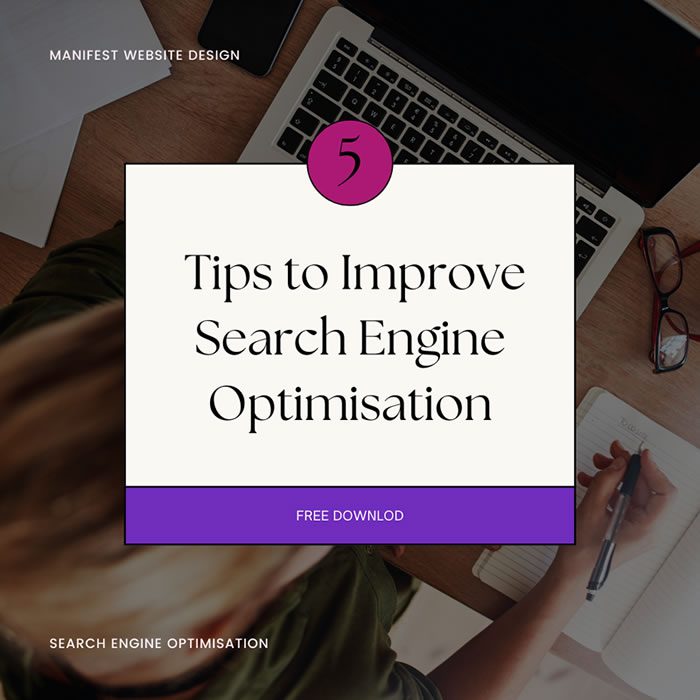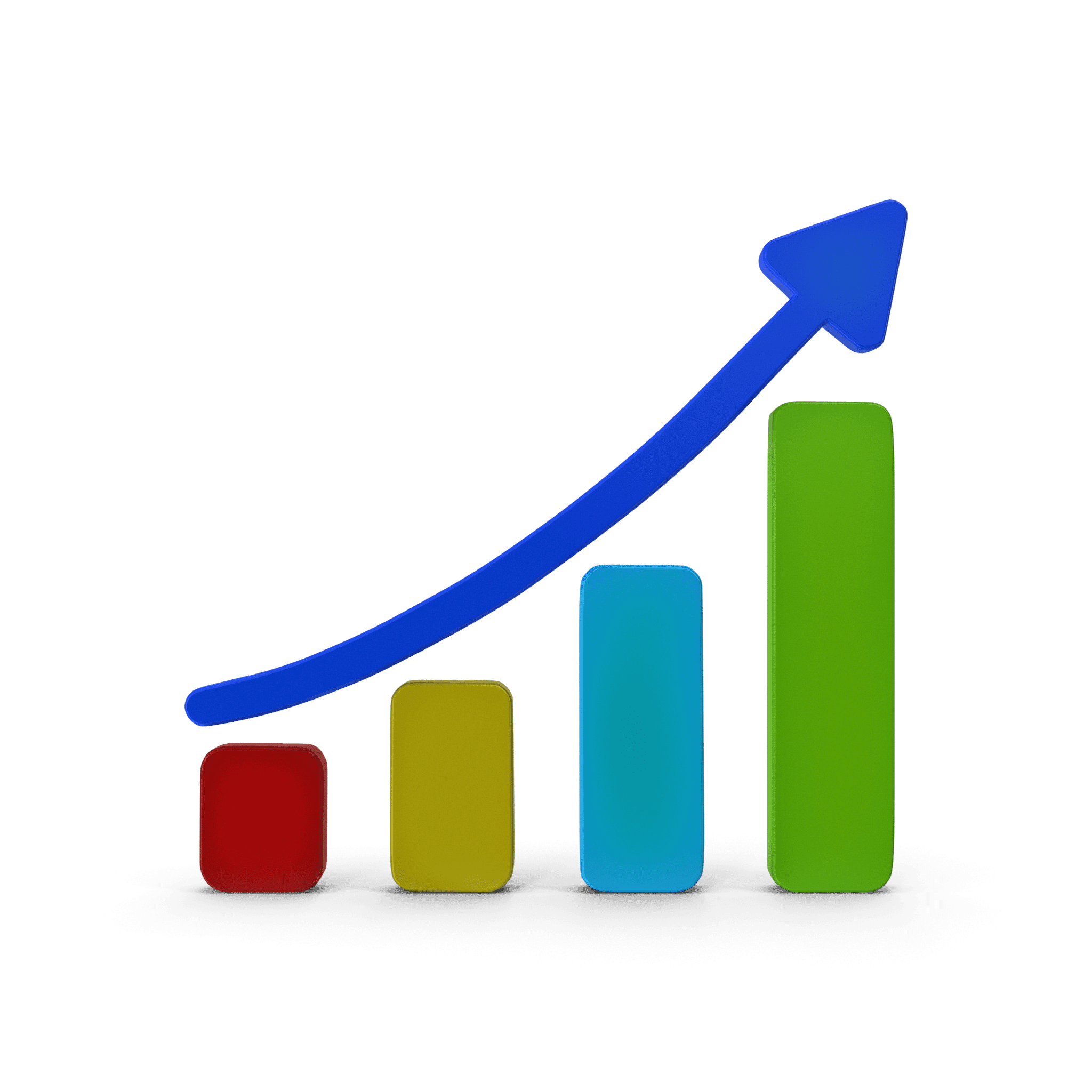Why Content is the #1 Ranking Factor in SEO?

Introduction
Search engine optimization (SEO) has evolved significantly over the years, but one thing remains constant: content is king. No matter how many algorithm updates Google rolls out, high-quality content remains the #1 ranking factor.
From driving organic traffic to building brand authority, a well-executed SEO content strategy ensures businesses stay visible in search results. But what makes content so critical for SEO? And how can you use content marketing to improve rankings?
This article breaks down what content marketing in SEO is, the types of SEO content, and how to create high-performing content that Google and users love.
1. Understanding Content Marketing in SEO
1.1 What is Content Marketing in SEO?
Content marketing in SEO is the practice of creating, publishing, and distributing valuable, relevant, and optimized content to attract and retain an audience. The goal is to:
- Improve search visibility
- Drive organic traffic
- Engage users and encourage conversions
When content is optimized for SEO, it aligns with search intent, ensuring that users find useful and engaging information that answers their queries.
1.2 How Search Engines Evaluate Content Quality
Search engines like Google prioritize high-quality content based on several key factors:
- E-E-A-T (Experience, Expertise, Authoritativeness, Trustworthiness)
- Keyword relevance and natural usage
- User engagement metrics (dwell time, bounce rate)
- Readability and structure
- Regular content updates
Without optimized, high-quality content, even the best technical SEO strategies won’t help a site rank well.
For businesses looking to boost their local rankings, implementing a Local SEO strategy is crucial.
2. Types of SEO Content
Not all content is created equal. Different types of content serve different SEO purposes, including:
2.1 Blog Posts and Articles
- Best for educational content, guides, and industry insights
- Helps target long-tail keywords
- Builds internal linking opportunities
2.2 Landing Pages
- Designed for specific keyword targeting
- Focused on conversions and lead generation
- Often used for local SEO (e.g., Content Strategy Sydney)
2.3 Product Pages
- Essential for eCommerce SEO
- Must include rich content, user reviews, and structured data
2.4 Infographics
- Highly shareable content that generates backlinks
- Breaks down complex information into digestible visuals
2.5 Videos and Multimedia Content
- Boosts engagement and dwell time
- Helps rank in Google Video search and YouTube
2.6 Case Studies and Whitepapers
- Establishes authority and credibility
- Useful for B2B SEO strategies
A well-rounded SEO content strategy includes a mix of these formats to maximize visibility, engagement, and conversions.
3. Why is Content Important for SEO?
3.1 Keyword Relevance and Search Rankings
Google relies on content to understand page relevance for user queries. Without targeted, optimized content, a website has no way of ranking for valuable keywords.
3.2 User Engagement and Dwell Time
- High-quality content keeps users on your page longer
- A longer dwell time signals to Google that your content is useful and engaging
- Poor content = high bounce rate = lower rankings
3.3 Backlinks and Content Authority
Content that provides value and originality earns natural backlinks—a critical ranking factor. Blog posts, data-driven insights, and unique perspectives attract high-authority links, improving domain credibility.
3.4 Fresh Content and Algorithm Updates
Google prioritizes fresh, up-to-date content. Websites that consistently update their content tend to rank higher in search results.
For small businesses and local service providers, having an optimized Local SEO content strategy can help them rank for location-based searches.
4. Building an Effective SEO Content Strategy
A strong SEO content strategy is essential for ranking success. Here’s how to create one:
4.1 Researching Keywords and Search Intent
- Use tools like Google Keyword Planner, Ahrefs, and SEMrush
- Identify high-volume, low-competition keywords
- Understand search intent (informational, navigational, transactional)
4.2 Creating High-Quality, User-Focused Content
- Prioritize value-driven, well-researched content
- Avoid keyword stuffing—use natural placements
- Ensure originality and uniqueness
4.3 Structuring Content for Readability and Engagement
- Use short paragraphs and subheadings
- Add bullet points and numbered lists
- Include images, videos, and infographics
4.4 Metadata Optimization and Internal Linking
- Craft compelling meta titles and descriptions
- Use schema markup for better search visibility
- Link to relevant internal pages to improve user navigation
4.5 The Role of Local SEO Content (e.g., Content Strategy Sydney)
For businesses targeting local markets, location-based content is key.
- Optimize for geo-specific keywords (e.g., best SEO agency in Sydney)
- Create location-specific landing pages
- Encourage Google My Business reviews and citations
5. Does AI Content Affect SEO?
5.1 The Rise of AI-Generated Content
AI tools like ChatGPT, Jasper, and Copy.ai have revolutionized content creation. But does AI-generated content help or hurt SEO?
5.2 Google’s Stance on AI Content and Quality Guidelines
Google does not penalize AI content as long as it meets quality standards. However:
- AI content must be fact-checked
- Human editing is essential to avoid misinformation
- Avoid auto-generated spam
5.3 Best Practices for Using AI Content in SEO
- Use AI for idea generation and drafts
- Always add human creativity and expertise
- Optimize AI content for engagement and originality
For businesses in Sydney looking for tailored SEO solutions, Local SEO strategies can help achieve better rankings in city-specific searches.
Conclusion
Content is—and always will be—the most important factor in SEO. A well-executed SEO content strategy drives:
✅ Higher search rankings
✅ Increased organic traffic
✅ Improved engagement and conversions
Whether you’re focusing on blog content, product pages, or video SEO, high-quality, user-first content is the key to long-term success.
🚀 Want to dominate search rankings? Book a session with Jillian at Manifest Website Design for expert SEO and content marketing strategies.
📍 Address: 471 Argyle Street, Moss Vale, NSW 2577
📞 Phone: +61 482 074 040
🔗 Book now: Manifest Website Design

JILLIAN BRANDON
About the Author
Jillian has over 30 years of experience in technology, programming, and digital marketing. Her work with the stock exchange in Australia, as well as other large corporations, has given her invaluable business expertise.
At Manifest Website Design, she helps goal-driven entrepreneurs build their business, regardless of size and industry, using the power of the internet. She’ll walk alongside you every step of the way, making sure that your website is running smoothly, and most importantly, generating leads. Connect with her on LinkedIn.



